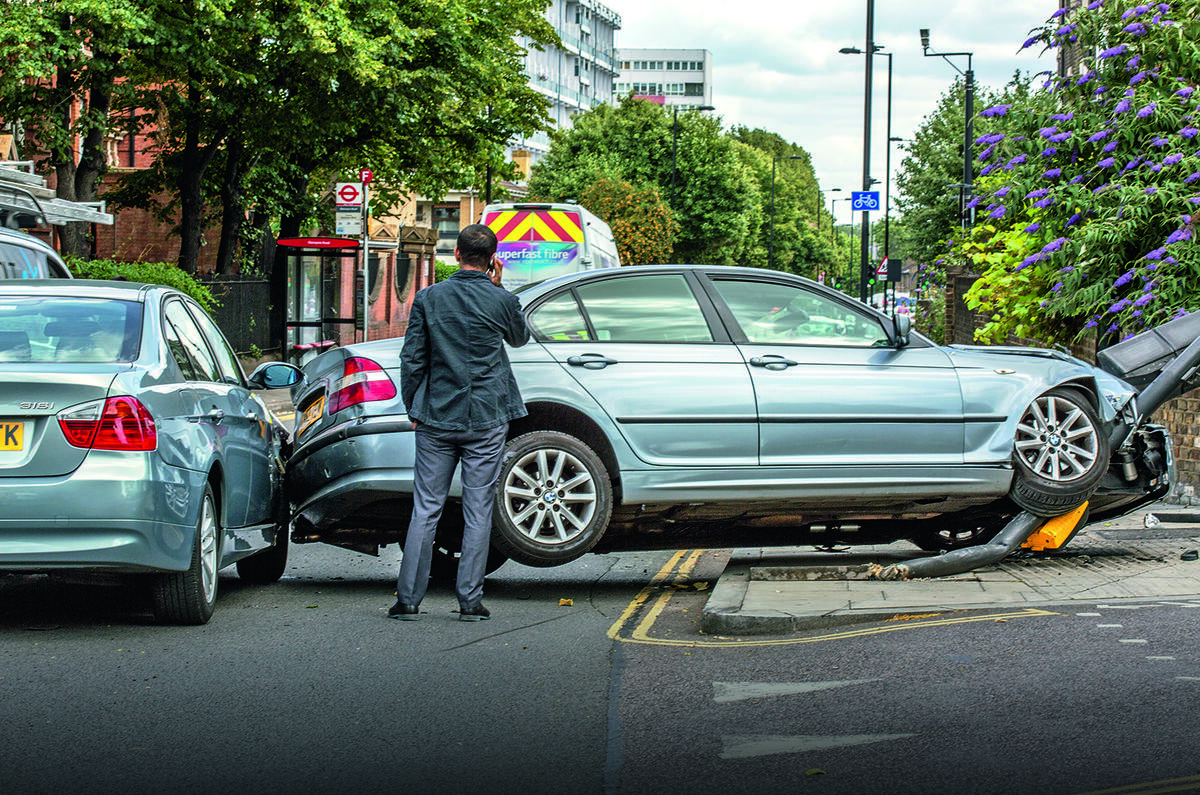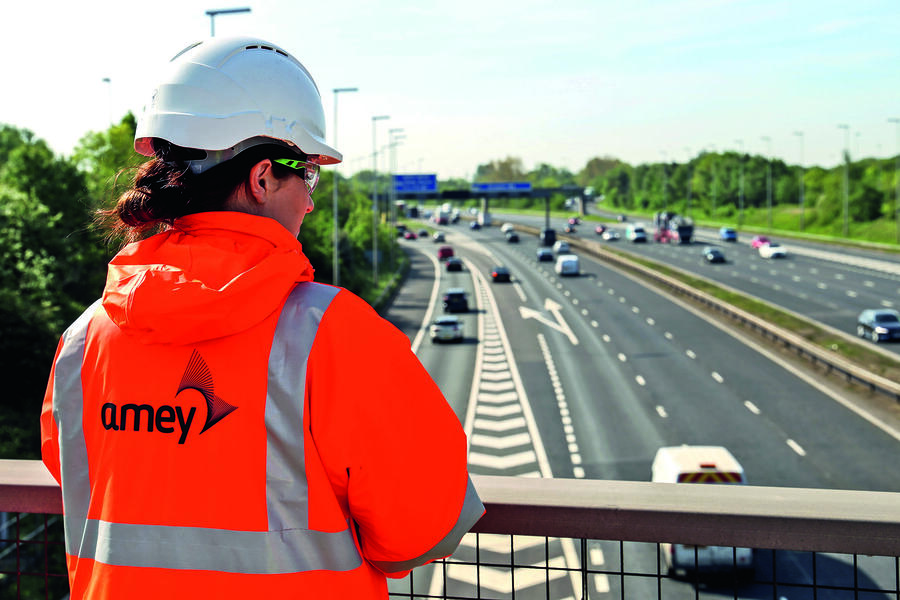UK drivers are paying millions of pounds more for their motor insurance because of inflated compensation claims for damage to roads by contractors hired to repair them, according to a leading insurance adjuster.
The charge follows a successful appeal by CMA, a claims management and investigations company, on behalf of a motor insurer that had a £440,000 repair bill reduced by £309,000 after a review by government lawyers.
In December 2016, an accident involving a Mercedes-Benz E-Class resulted in a section of the Higham Road Bridge on the A45 in Northamptonshire being damaged. National Highways, the government-owned organisation responsible for building and maintaining motorways and major roads in England, commissioned Amey, a contractor, to repair the bridge. As part of the work, Amey installed temporary traffic lights and a barrier that it left in place for two years until permanent repair work began in 2019.
Amey eventually billed National Highways £440,000 for its work, which the organisation paid before then billing the Mercedes driver’s insurer. However, CMA established that £276,000 of Amey’s £440,000 repair bill was for the traffic management scheme alone and that National Highways had paid Amey’s total bill without first checking that it was fair and reasonable.
Following CMA’s intervention, the Government Legal Department (GLD) appointed an independent quantity surveyor to review Amey’s work. Concerning the traffic management claim, the surveyor said: “There’s nothing that we’ve reviewed that could justify a cost of £276,359.77 that Highways England [renamed National Highways in August 2021] states has been paid out.”
Following the GLD’s review, National Highways and CMA agreed a reduced claim of £131,000.
CMA managing director Philip Swift, a specialist in strategic road network claims scrutiny, said: “We deal with overstated road incident claims every day, but this is an especially egregious example. How did Amey come to charge £309,000 too much? Why did National Highways simply pay, no questions asked? We’ve repeatedly warned National Highways that its checks aren’t robust enough and its contractorsare taking advantage.”
Colin Lowther, head of service delivery at National Highways, denied that the organisation had been overcharged by Amey and said it has “robust” processes in place to ensure costs can always be accounted for “National Highways is entrusted with billions of pounds of public money every year, and we work diligently to ensure that every penny is spent appropriately,” he said.









Join the debate
Add your comment
A sad reflection of the world we live in I'm afraid. I wouldn't say it's too much bother to make checks, rather it's too expensive. And whether on a scale of hundered of thousands of pounds at local government level or a few pounds on eBay, these for a better word 'fraudsters' know they can get away with it.
I've contact insurers where I have evidence they're being conned ( by ambulance chasers ) and neither they nor the poice are remotely interested. Who cares if premiums increase, it's Joe Public who pays for it, not the insurer.
Just because insurance premiums are rising, that won't affect the number of drivers on the road - just means more folk taking the risk of driving without insurance.
Its a national disgrace, but not unexpected. Its not their (Highways) money so they dont care. Pretty sure they would be more careful if they had to put their hands in their own pockets!
Rubbish highway repairs that barely last a month (do it once- properly for gods sake), each time someone has to be paid to survey the issue..... each time someone has suspension damage. Roadworks signs set out, but not recovered - kicked into the undergrowth to clutter our countryside (or worse picked up by criminal gangs to close roads at night to traffic whilst they steal underground copper cable), just imagine the bill for replacing this signage alone all over the UK!
The excuse.....its a different team dealing (not dealing) with signage! How hard can it be for the Highways to throw the signs into the back of the truck when they finish the job? At least they could then be collected from the works yard.
The tactic from all these public authorities is to throw more taxpayer money at the situation, when the real answer is to stop the outrageous waste first.
Just another area of business that the the encumbant Government has got a firm grip on, there seems to be road traffic signs everywhere with nothing happening there sometimes there for weeks, the odd sign that sits for months, do they not come round at take them away?, after reading this I realise how much money is wasted on litigation, whose really making money from this?